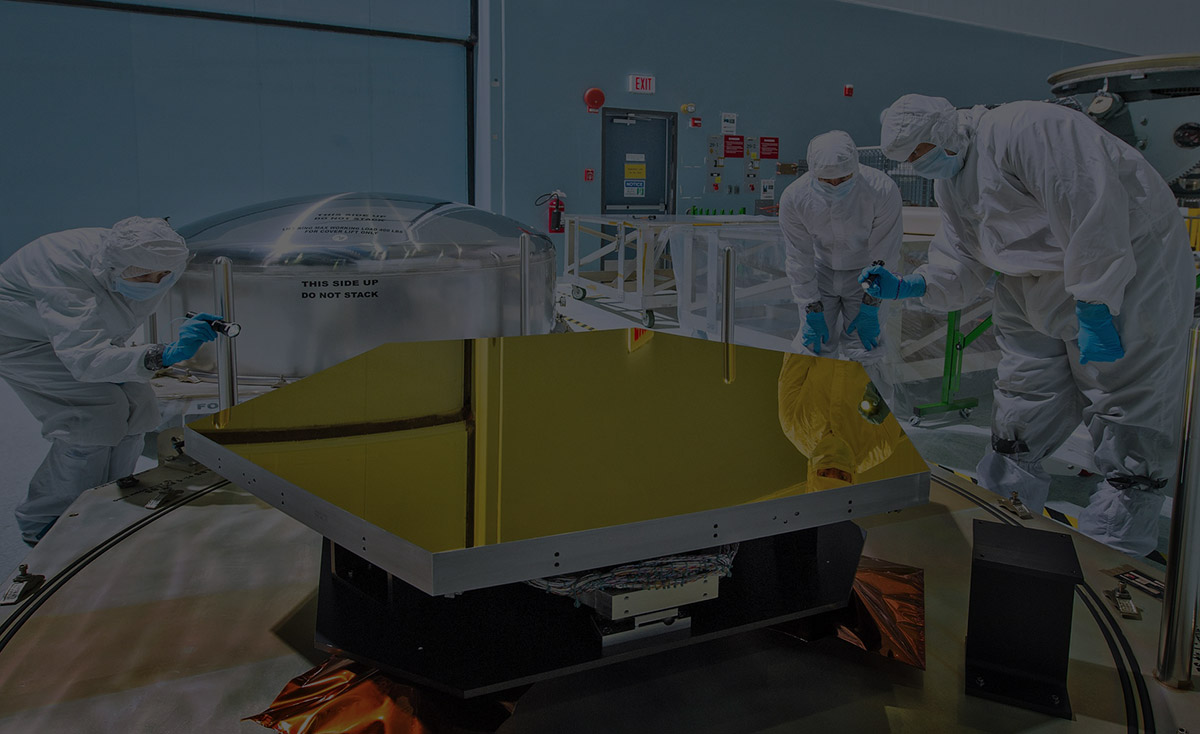
SCIENCE
Science is a mental domain and has nothing to do with emotionality. There is no truth to be found in emotions and feelings. They are merely expressions of subjective experience. Mentality attempts to explain reality and that's where research comes into play.
Random Samples
When you want to analyse people’s attitudes, it's impossible to question every single person about their opinion. That's why you need to represent a population fairly by using a random sample, so that all the targeted people have a chance of being selected for an experiment or survey and so that there's no sampling biases among scientists.
Research is the domain of mentality, the faculty that seeks and finds knowledge by building an inner mental structure in the mind that connects various perceptions based on information coming from the senses. The mentality (mind, reason) creates associations by putting information in its correct context. In this way comprehension is the result.
Science is mental research whose goal is to obtain perceptions in agreement with reality. Science is another word for research. In former days it was called natural philosophy. In its contemporary form science has been developing in the western world since the 16th century and has ever since helped shape modern societies. Science explores the natural world by exact, rational methods such as observation, experimentation and formulation of hypotheses and theories. These methods can be quantitative, i.e. focusing on the relationships between amounts and ratios like in mathematics, or qualitative, i.e. using logics to draw correct conclusions from physical observations.
Here’s how Scientific Method works
A researcher or scientist picks up an aspect of reality from his/her own observation and comes up with a theory to explain and organise that observation. Then, they formulate a hypothesis, which is a testable prediction of outcomes. Then, the scientist designs an experiment to test the hypothesis. The experiment has to be replicable by others, so that it is guaranteed that everyone comes to the same results. If that’s the case, the researcher has discovered a phenomenon. Otherwise, the theory and hypothesis need to be rejected or amended to match the obtained results. Another important issue a researcher needs to take into consideration for reporting is a clear and common language that defines the terms.
Scientific method
Science starts from some known facts. There must be certain phenomena in nature that are partly unknown or not explainable. It is the task of scientists to identify the unexplored aspects of their field of expertise and check what findings have been made to date. Once all that is knowable on a certain subject has been outlined, the scientist can define the scope of the existing knowledge and try to push boundaries in search of new facts.
There are various ways how scientific exploration can start, but in most cases the researcher has already certain assumptions that (s)he wants to explore further. A scientist formulates the objective of his research and the methods by which (s)he will proceed, which are mostly some variation of the following:
What is a double-blind procedure?
Experiments let you find the causes of phenomena. An experiment helps you isolate effects by influencing an independent variable and keeping all other variables constant. That's why you need an experimental group to be influenced, and the control group to remain influenced. When not even scientists know what is the experimental and what is the control group, then the experiment is a double-blind procedure. The reason for such an experimental design is to prevent biases when drawing conclusions from the results of the experiment.
direct or indirect observation
experimentation
mathematics
Science never ends
A researcher explores a topic utilising one or many of the possible scientific tools at their disposal. Once the research is conducted and results are obtained, the scientist needs to draw conclusions from the results and declare whether his initial assumption has been confirmed, disproved, or modified in any ways.
This can lead to the solution of a previously postulated problem, or to the formulation of new hypotheses or theories that in their turn could lead to new scientific observations and experimentations that refine the conclusions obtained from the previous research. Science is a never ending enterprise as reality turns out to be 'infinitely' complex and seemingly filled with a multitude of problems and mysteries.
reasoning vs. believing
At the end of the day science is not about formulating beliefs or doctrines, but about ascertaining facts of reality. And facts are gained through careful observation and correct reasoning. Statements that someone wrote long ago in a book are not considered reliable or conclusive unless they provide information about how the conclusions have been obtained and what methods of research have been used, so that they can be reproduced by any other interested researcher.
The main criterion for science done properly is the scientists’ attempt to prove themselves wrong in the interpretation of their results. Science is only as good as the scientists conducting the research, and they are also human beings making mistakes and having their own biases.
To ensure that those biases don't interfere with the interpretations and don't cloud their sense of judgment, scientists try to prove each other wrong by peer reviewing each other's works. The peer reviewing is an important part of scientific community making sure that only serious works of research get considered and validated critically by others, so that works speak for themselves and no claims of one authority become dogmas for all times.
There's should be no real authorities in science. The results and facts have to speak for themselves and must be reproducible and verifiable by all. In this way the creation of dogmas is prevented. In the long term research proceeds slowly, but steadily, adjusting and changing as our developing understanding of the world is widening and expanding.

Obstacle 1: Pseudoscience
As great as scientific achievements have been in the past, science struggles with its own problems nowadays.
Since research is complicated and works with strict methods, many people don't have the time and knowledge to understand how it is made. That's why misunderstanding can easily arise and there's always a danger of science being done sloppily. Many propositions that are put forward in various forums claim to be scientific, but under the scrutiny they turn out to be only partly scientific. Through the use of scientific terms and seemingly profound formulations and vocabularies many people can delude themselves into thinking they read about scientific elaborations which in many cases they might not at all.
Many self-proclaimed experts conduct experiments and build hypotheses and theories without sticking to the rigorous rules and guidelines of a science done properly. The effect can only be partly correct research obtaining mixed or confusing results which cannot be trusted, because the methods themselves were flawed and didn't give enough consideration to all sides of a problem. In such a situation it is very easy to confirm one’s own biases and cherry pick the results one wants and ignore the problematic ones.
If you present dodgy results in a scientific manner to the ignorant audience, you can practically prove any point you want. And there’s always a risk that some people might mislead other people either unintentionally or on purpose. That's why it's so important to distinguish between science and pseudoscience. The former is based on a solid mental pursuit of knowledge, the latter is often rooted in emotional wishful thinking.
Correlation is not causation
Causation is about the real causes of phenomena. Correlation only predicts the possibility of a phenomenon being a cause when the real cause is not known. Correlations do not prove causes.

Obstacle 2: 'orthodox' thinking
Another problem science faces is 'orthodox' thinking of its authorities. Of course the term ‘orthodox’ is not meant in a religious context, but it helps to make the point: an opinion is very difficult to change once it has been established by prominent scientists, institutions and media - which is a similar case with religious dogmas as well.
There is a difference between a pseudoscientist trying to spread his/her delusional ideas among people, and a genuine researcher working on the fringes of knowledge trying to come up with an alternative, rational explanation for a natural phenomenon. The former should be opposed by the establishment, the latter should be granted the freedom to conduct his/her research and present it to the establishment for a fair and open peer review.
The lack of open-mindedness is what characterises 'orthodox', conservative and established thinking. There should never be a talk of something being impossible due to laws of nature, because we can never be sure whether all laws of nature are being known at a certain point in time. Of course there should be protection against human errors and disinformation by pseudoscientists, but not at the cost of genuine pioneers trying to extend the boundaries of knowledge. Science has to perform this very delicate balancing act which too often it handles only clumsily. The risk is that scientific fields might stagnate over time without making any essential progress in their explorations.



